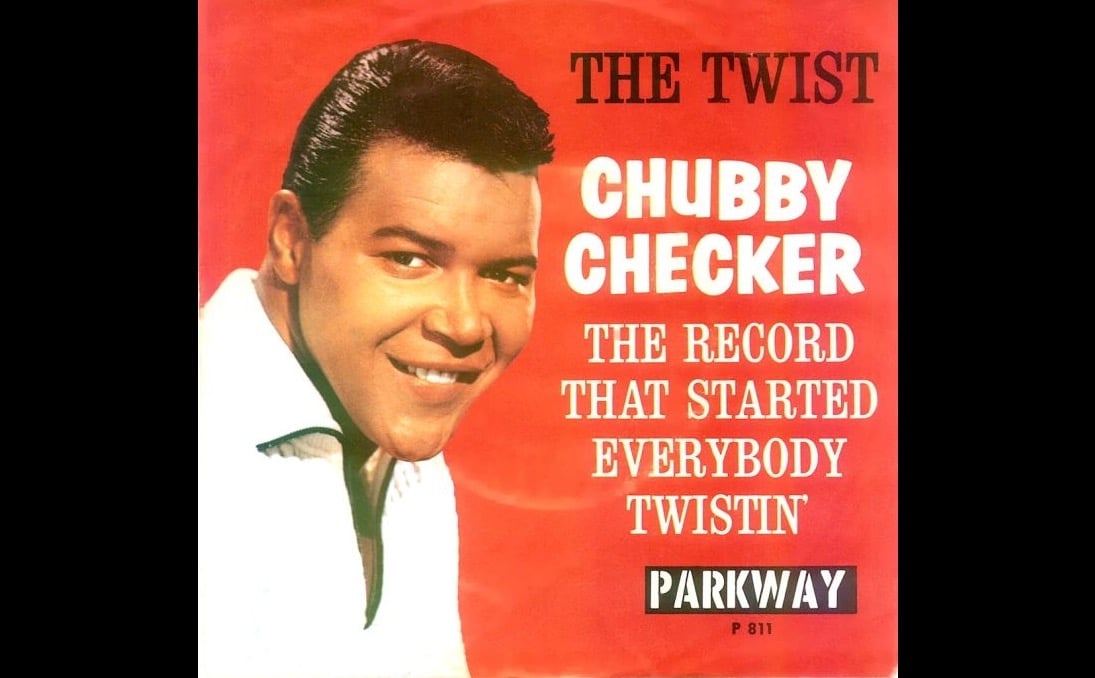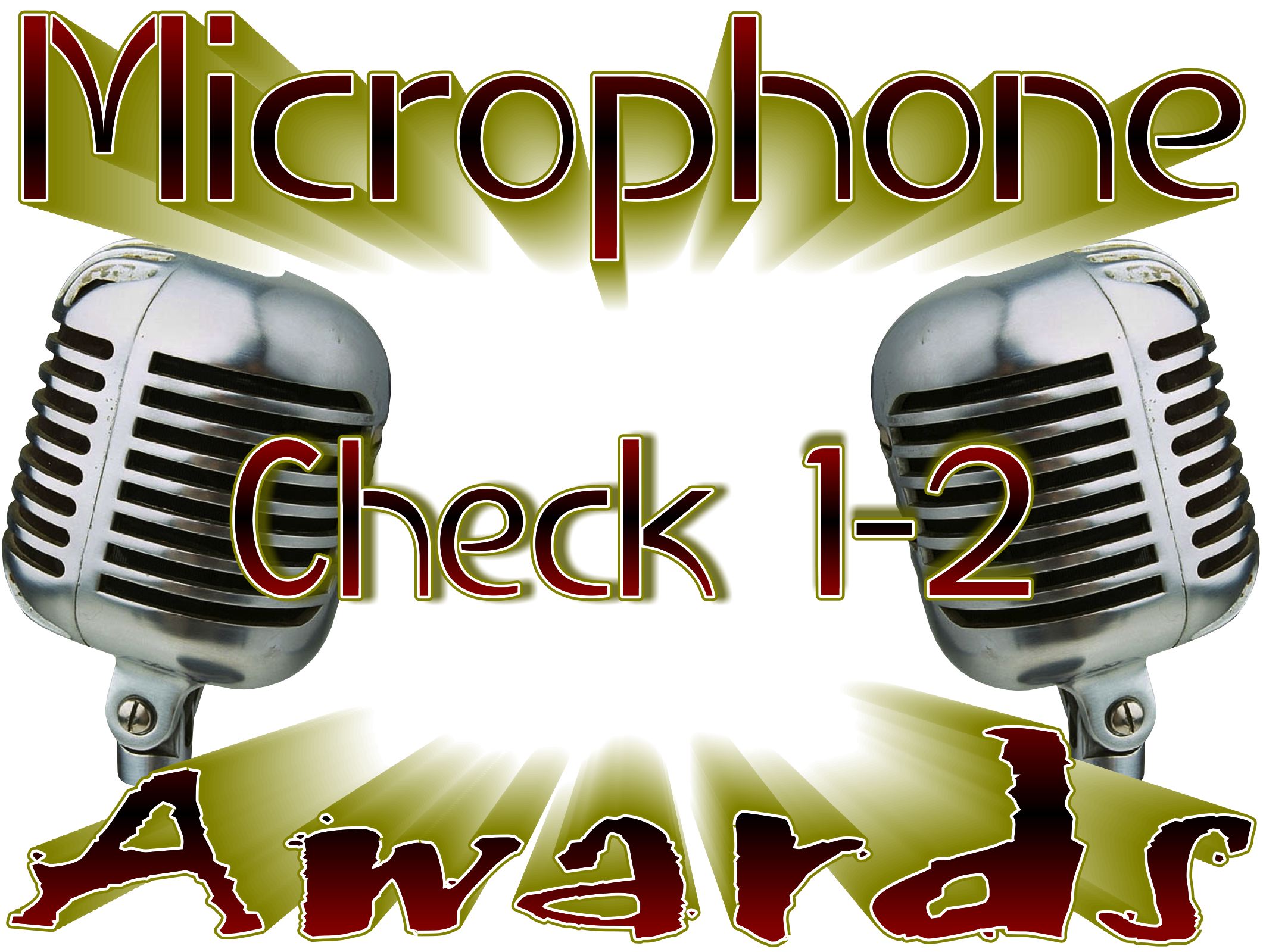
And right or wrong, it’s easy to understand why that practice has become so commonplace considering the difficulty and upfront cost of clearing samples, the shifting cultural attitudes around copyright, as well as changes in music technology and distribution. That being said, plenty of people are releasing music these days with samples that haven’t been cleared. So no, you can’t legally sample something (no matter what the length) unless you’ve cleared that sample with both the owner of the song and the owner of the sound recording. Think about the famous case of Vanilla Ice borrowing the bass line from “ Under Pressure.” The sample is probably only 3 seconds long, but that didn’t stop Queen and David Bowie (or their labels/publishers) from swooping in to collect the cash. You control the copyright to songs you write – and you’d expect the same for your work. And if the sample is recognizable (hell, even if it isn’t recognizable), you’re using another person’s intellectual property in order to construct or enhance your own.

One of those common myths is this: you can legally sample a copyrighted song without permission as long as the sample is shorter than 6 seconds, or 11 seconds, or 15 seconds…įALSE! You CANNOT sample music without permission, no matter how short or long the sample is.Ĭopyright is copyright. No wonder lots of myths and misinformation get spread around this complicated issue. So… that leaves a world where sampling is happening - yes, lots and lots of sampling is happening - and yet clearing those samples often feels like a fool’s errand for unsigned artists. (“Come back when you’re signed, and maybe we’ll negotiate with you then!”) That’s a big assumption! Lots of times, big labels and publishers don’t want to bother with independent artists’ sample clearance requests. The above scenario assumes you received a reply from the copyright owners in the first place. Ouch! What if you can’t get in touch with the copyright holders? So, you decided to put a little bit of Ray Charles into your latest dance track, and look how much it’s cost you before the song is even available for sale. (Once you’ve sold X amount of discs or downloads, you’ll owe us $X.)
#DMCA CHECKER MUSIC PLUS#
The label who owns the master recording will also want an up-front fee similar to the advance you’ll pay to the publisher, PLUS something called a “rollover” - which is a royalty calculated based on a sales threshold. I’ve seen this listed on some music law sites as anywhere from 15% to 50%, depending on how prominently the sample is featured in the new song. Well, the publisher is apt to want an advance (think of it like a clearance fee) which can run you anywhere from a few hundred to several thousand dollars or more, PLUS a percentage of all revenue generated by the song. Both the label and publisher have listened and liked what they heard. Let’s say that you’ve presented your track to all the copyright owners. What you’ll have to pay to sample music from a major catalog

But a good starting point is to look at the liner notes of a CD! Beyond that, ask the Internet. Locating the label that owns the copyright to the sound recording can be more difficult, since labels gobble each other up and catalogs switch hands every so often. How do you find the label that owns the recording you want to sample? Search for the song you’re sampling in the databases of ASCAP, BMI, SESAC, SOCAN, and Harry Fox.

How do you find the publisher of the composition you’re sampling? In fact, they can pretty much dictate the terms for the usage of the sample (though there are some general practices, as shown below)… and you can either agree to those terms or head back to the studio to remove all instances of that sample from your track.

#DMCA CHECKER MUSIC LICENSE#
Unlike the license to distribute a cover song, neither of these two sampling licenses are compulsory, meaning the copyright owner doesn’t HAVE to grant you permission. and one license for the usage of the underlying composition (which is controlled by the publisher/songwriter).one license for the usage of the master recording (which is often owned by a label).You need TWO different permissions in order to legally use a sample from an existing recording in your own music: I’ll just let them sue me later once the song is a hit.”īut DON’T. “This sample makes the whole track and I’m not changing it.I’ll sneak it in here and hope no one notices.” So I understand why musicians might think one of these two things: If you’re lucky enough to reach the label and publisher, and even luckier to have them grant you permission to use the sample, those same rights holders often set terms that are financially prohibitive for the average independent artist. Is sampling legal? Let’s be honest: Sampling music law is often difficult to understand and expensive for independent musicians. Can I sample copyrighted music without permission if it’s less than 6 seconds of audio?


 0 kommentar(er)
0 kommentar(er)
